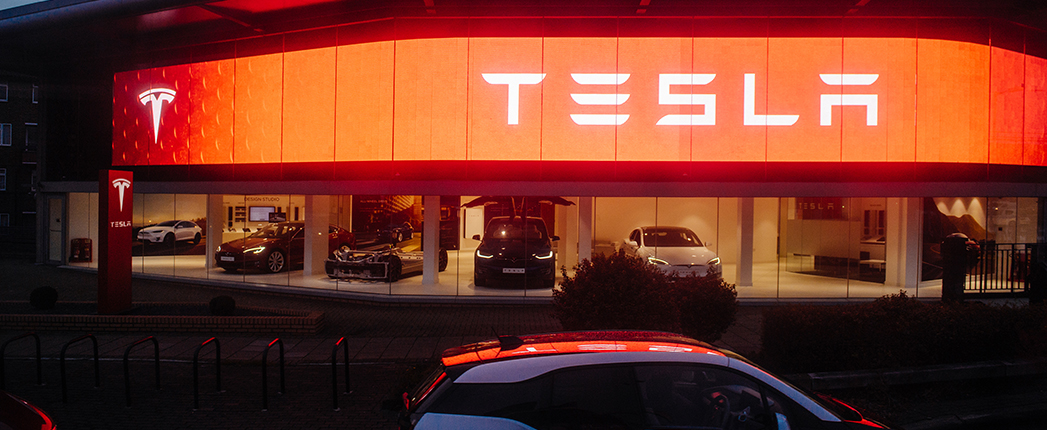
Surging electric vehicle sales in the United Kingdom in 2021 has made future demand for automotive lubricant uncertain, says the country’s lubricant industry trade association.
More EVs were registered last year than in the previous four years combined, with the year-end tally standing at 452,527 battery, plug-in hybrid and hybrid EVs, up 58% over 2020 and capturing a market share of 27.5%. This growth in market share can also be attributed to sales of petrol and diesel falling by 15.7% and 48.1%, respectively, according to data gathered by the Society of Motor Manufacturers and Traders. The Tesla Model 3 was the second-best selling car, including internal combustion engine passenger cars.
The U.K. government’s commitment to banning the sale of new internal combustion engine vehicles from 2030 and hybrids five years later will add more downward pressure on passenger car motor oil sales.
“Some members are planning, some are waiting and see, some are diversifying and looking to balance their portfolio by reaching out into other sectors like metalworking fluids. So it’s a bit of a mixed picture at the moment,” David Wright, the director general of the United Kingdom Lubricants Association, told Electric Vehicles InSite.
The average age of the U.K.’s vehicle parc is about 11 years and is slightly more in continental Europe, which Wright thinks could sustain PCMO demand through the decade after the bans are implemented.
“The trick will be if lubricant companies can grow the value of their products over this period so their total revenues are no less than they are now,” Wright said.
Meanwhile, German independent lubricant company Fuchs Petrolub believes that PCMO demand will decline by 10% by 2035. Fuchs is one of a large number of PCMO producers in the U.K. market.
To compound matters further, the government announced in August it would invest £23 million ($31.5 million) into the development of hydrogen fuel and hydrogen fuel cell vehicles, both emerging technologies that overcome the shortcomings of EV range and charge time, Wright said. Shell, the country’s fourth largest forecourt fuel retailer by the number of locations, has already rolled out hydrogen pumps at some of its gas stations.
“We don’t think it’s a one size fits all solution, and there is a role to play for electric vehicles around towns and major conurbations, and perhaps hydrogen fuel cell or hydrogen fuelled vehicles for longer journeys and larger transport such as HGVs,” Wright said.

Sorry, a technical error occurred and we were unable to log you into your account. We have emailed the problem to our team, and they are looking into the matter. You can reach us at cs@lubesngreases.com.
Click here link to homepage